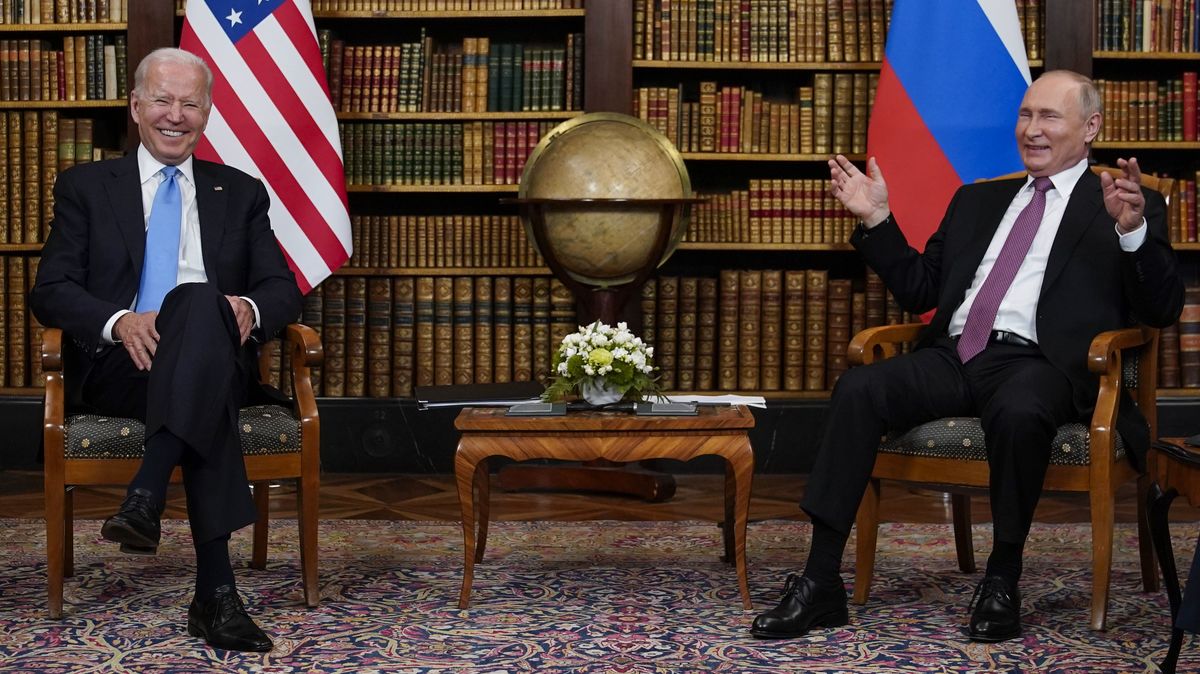US Legislation Is Now Merely a Tool for Anti-China Political Manipulation
America proclaims it is protecting human rights, but this is just a charade, a pretense for passing legislation. The U.S. is internationally notorious for its unscrupulous behavior. America recklessly meddles in the domestic affairs of other countries under the guise of upholding “the American standard of human rights.” U.S. legislation has devolved into an instrument used to strengthen American hegemony, and America’s actions have been disastrous for many countries worldwide. Of late, the number of congressional proposals regarding international human rights has increased year by year. In both the 115th and 116th sessions of Congress, U.S. lawmakers introduced more than 400 such bills. The 117th Congress is not even past its midway point, yet lawmakers have already proposed 345 such bills, 44.35% of which criticize supposed human rights issues in other countries. Just look at how the Uyghur Forced Labor Prevention Act was churned out, and you can see the joint conniving of the U.S. House and Senate at work. Anti-China forces carefully deliberated before finally sprinting through legislative procedures. America’s choice of timing and public campaign tactics clearly show this “law” is nothing more than a tool meticulously designed to bully China; the whole process has been no more than a low-budget performance of a scene from a familiar American script.
America’s interference in Xinjiang and criticism of China is simply an attempt to distract from the disastrous condition of human rights at home. Since 2020, the state of human rights in the U.S. has systematically, comprehensively and continuously deteriorated. Some U.S. politicians have a double standard when it comes to human rights: On the one hand, they turn a blind eye to the human rights crisis in America, but on the other hand, they try to divert attention away from their own failings by habitually fabricating human rights issues in other countries. To date, America has accumulated more than 52 million confirmed cases of COVID-19, and more than 810,000 Americans have died from the virus. Yet while highly dangerous COVID-19 variants such as delta and omicron continue to emerge, some U.S. politicians still refuse to prioritize disease control. Americans are furious about human rights issues in the U.S., such as rampant gun crime and the government’s ineffective response to the pandemic. However, some American lawmakers prefer to pass anti-China legislation to channel Americans’ anger with the domestic status quo and turn it into enmity toward China.
The leading proponents of this new law, such as Sen. Marco Rubio of Florida and Rep. Chris Smith of New Jersey, represent areas that have been ravaged by COVID-19. Still, these politicians are willing to squander political resources in their efforts to stifle China, yet do absolutely nothing to address the issues their constituents care about most.
These anti-China politicians choose to wreak havoc with these absurd legislative proposals because they want to pad their political resumes. American lawmakers are spewing lies about and placing sanctions on Xinjiang cotton. They are trying to discredit and suppress Xinjiang’s photovoltaic companies. They accuse China of “genocide” and “forced labor” as they criticize and attack Xinjiang’s current employment situation. These tactics reveal the absurdity of U.S. politicians as they enact legislation to interfere in Xinjiang and impulsively attack China at every turn. These lawmakers have become steady suppliers of anti-China bills because it is one of their primary tactics for padding their political resumes and extending their political careers.
Rep. Scott Perry, Rep. James McGovern and Rubio have made enmity toward China part of their political personas — they are self-styled “tough on China” politicians. A significant number of the bills they have proposed regarding international affairs while in office involve China. Take Perry, for example: more than half his proposals on international affairs involve China. Rubio incessantly rattles on about “China’s human rights problems” and frequently proposes bills that interfere in Xinjiang. Rubio is attempting to play the role of the Republican Party’s authority on foreign policy. Now, these anti-China lawmakers have intensified their efforts, trying to use the Uyghur Forced Labor Prevention Act to gain political capital unscrupulously.
A clay figurine is no match for rainfall, and the lies of American politicians won’t stand up to investigation. The malicious designs of anti-China politicians will undoubtedly fail. To achieve its own ends, America has cast moral decency aside, deliberately fabricating and manipulating information to bolster its false claims of human rights issues in Xinjiang. These efforts will also undoubtedly fail. A happy life is foremost among all human rights. For a long time, Xinjiang has prioritized ensuring and improving the welfare of its people, earnestly guaranteeing the equal right of members of all ethnic groups to participate and develop. The present and future happiness of residents of Xinjiang will inevitably shatter American politicians’ false accusations of forced labor to pieces.
Li Yanbaio is affiliated with the Anti-Terrorism Law School at the Northwest University of Political Science and Law in Xi'an, China.

